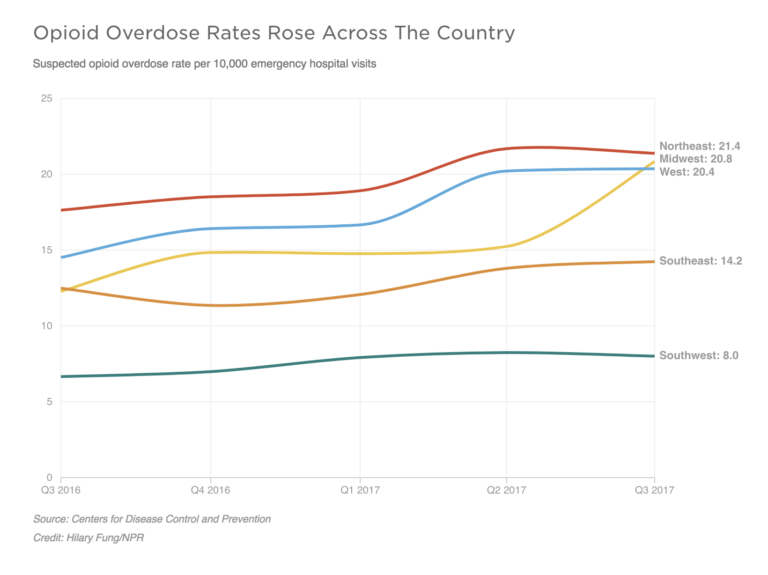There is no denying that every dependency is entirely unique and should be fought off using different methods. Cocaine, for example, is a highly addictive stimulant which many researchers have analyzed and “tried to crack” when it comes to treatment. Now, a group of scientists at Albany Medical College claim to have found an effective relapse prevention tool for those who have battled this addiction. The answer? Exercise.
As mentioned above, “science” is playing a critical role in this assessment. What study co-author Lisa Robison, Ph.D gathered in her research was a deeper analysis of brain functions and how a drug like cocaine impacts them. One well-known side effect of using involves increased levels of dopamine (the neurotransmitter that helps control the brain’s reward and pleasure centers). This, Dr. Robison found, relates to cranial stress, and overt symptoms where addicted people experience anxiety and hyperactivity. It was noted that when someone tries to quit the drug, outside stressors can become a trigger mechanism for a relapse.
Dr. Robison’s research then delved into the physiological effects of exercise and how it can potentially fill the void that former cocaine users may experience.
“There has been great work done in human studies showing that physiological and psychological reactions to stress can predict a person’s likelihood to relapse,” Robison explained to Inverse.com. “We also know that exercise relieves stress and anxiety in humans. So putting this together, in addition to our findings in animal studies, it suggests that reducing stress responses in people with substance use disorders with something like exercise should result in lower relapse rates.”
One of the key components of the study focused on the reward pathway associated with raised dopamine levels. Dr. Robison’s work has shown that exercise can potentially alter that pathway and repair the damage done by drug use. Using test rats, her team monitored behaviors of subjects that had halted their cocaine use and become sedentary. That group quickly sought out cocaine whenever it was presented to them. The alternate rats, however, who were also prior users but now regularly exercising, were much less inclined to take the drug again.
Dr. Robison found this result to be exciting for multiple reasons. For one, it seems to be clear progress in helping win the battle over cocaine addiction. Secondly, she felt that exercise was an easy, inexpensive solution that many former users can take advantage of.
“What’s great about exercise is that it’s a two-for-one deal!” she concluded. “Exercise has been shown to both improve the functioning of the reward pathway and reduce stress responses. Exercise presents a natural and cost-effective means of combating substance abuse, and has a multitude of other benefits for physical and psychological health.”







